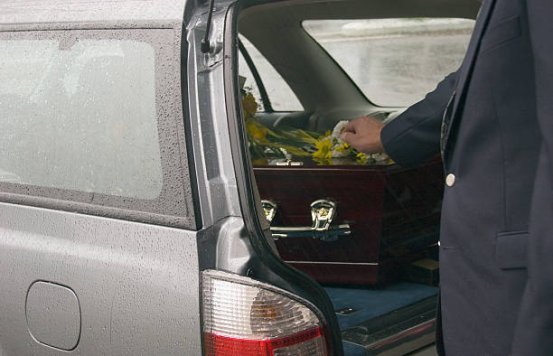Cremation has become an increasingly popular option for end-of-life arrangements, providing families with a dignified and often more affordable alternative to traditional burial. This comprehensive guide explores the main factors that determine cremation service costs and offers insights into comparing pricing options within your area.

What Influences Cremation Costs
Cremation prices can differ widely depending on several core factors. The most significant is the type of cremation chosen. Direct cremation, which does not include a viewing or funeral service, remains the most affordable option. Full-service cremation, on the other hand, includes a ceremony, viewing, and sometimes rental of a casket, resulting in higher overall costs.
Geographic location also has a major effect. Urban providers typically charge more due to higher operational and property expenses, while rural areas often offer more budget-friendly choices. Additionally, the type of provider matters—traditional funeral homes generally cost more than cremation societies or direct cremation providers, as they maintain larger facilities and broader service options.
Local Cremation Service Options and Typical Prices
Cremation services generally fall into three categories, each with distinct pricing levels.
- Direct Cremation: This is the simplest and most cost-effective choice, usually ranging from $800 to $2,500. It includes transportation, the cremation procedure, and returning the remains in a basic container, without any ceremony or viewing.
- Memorial Cremation: A mid-range option costing $1,500 to $4,000, it combines direct cremation with a memorial service held days or weeks later, allowing families more flexibility in scheduling.
- Full-Service Cremation: The most comprehensive package, typically between $4,000 and $7,000 or more, includes embalming, a viewing or visitation, a funeral service before cremation, and sometimes a casket rental—hence the higher cost.
How to Compare Cremation Providers and Pricing
When researching cremation services in your region, take a structured approach. Begin by requesting General Price Lists (GPLs) from multiple providers, which they are legally obligated to share upon request. These documents detail every service and associated cost, allowing accurate comparisons.
Check provider websites, as many now post standard package details online. Be cautious, though—online listings may omit certain fees. Always confirm that you are comparing equivalent service levels. Lower prices may not include necessary components found in more comprehensive packages.
You can also call providers directly to clarify services, procedures, and additional costs. Prepare a list of questions beforehand and ask for an itemized written quote. This helps prevent misunderstandings about total pricing later.
Additional Costs to Factor In
Beyond the base fee, cremation services can include several add-ons. Urns vary in price from about $50 for basic containers to several thousand dollars for customized or decorative designs. If a memorial service is planned, expenses such as venue rental, catering, and floral arrangements should also be included in your calculations.
You may also need death certificates, usually $10–$25 per copy, with multiple copies required for legal matters. Transportation fees can apply if the cremation facility is far away or if remains need to be shipped. Optional features like witnessed cremation, where family members are present at the start of the process, can add $100–$300 to the cost.
Service Type | Typical Price Range | What’s Included | Additional Costs |
Direct Cremation | $800–$2,500 | Basic container, transportation, cremation | Urn, death certificates |
Memorial Cremation | $1,500–$4,000 | Direct cremation + memorial service | Venue, catering, memorial items |
Full-Service Cremation | $4,000–$7,000+ | Viewing, ceremony, basic casket rental, cremation | Premium urns, extra memorial services |
Note: Prices are based on the latest available data and may change over time. Always confirm current rates before making financial decisions.
Working with Local Cremation Providers
Developing a strong working relationship with your chosen provider ensures smoother coordination. In-person consultations are especially valuable—they let you evaluate facilities, meet staff, and assess professionalism.
Ask detailed questions about their procedures and identification process for remains. Reputable cremation providers are transparent about their operations and open to explaining how they ensure accountability. Review their credentials, years in business, and affiliations with professional associations for added peace of mind.
Many providers also offer pre-planning options, allowing you to secure today’s rates and plan ahead without the emotional pressure that comes with sudden loss. This approach can save money and help your family avoid difficult financial decisions later.
Ultimately, the cremation process should reflect your family’s personal, cultural, or religious preferences. By focusing on transparency, respect, and clear communication, you can ensure the experience honors your loved one while staying within your budget.
